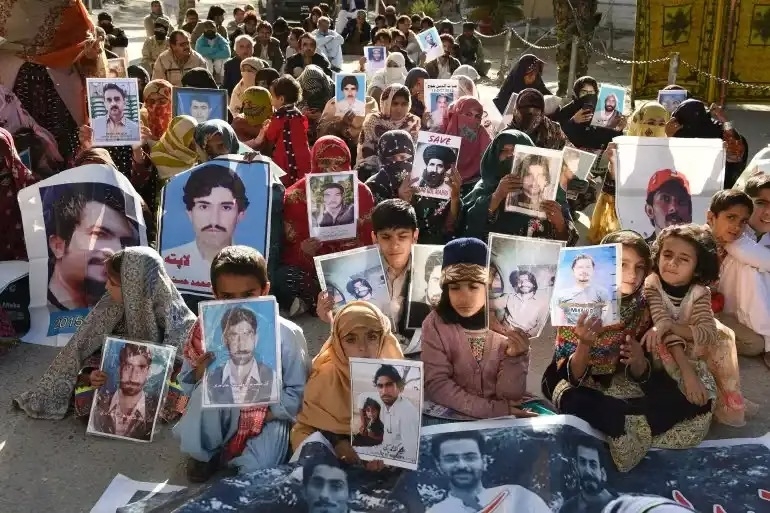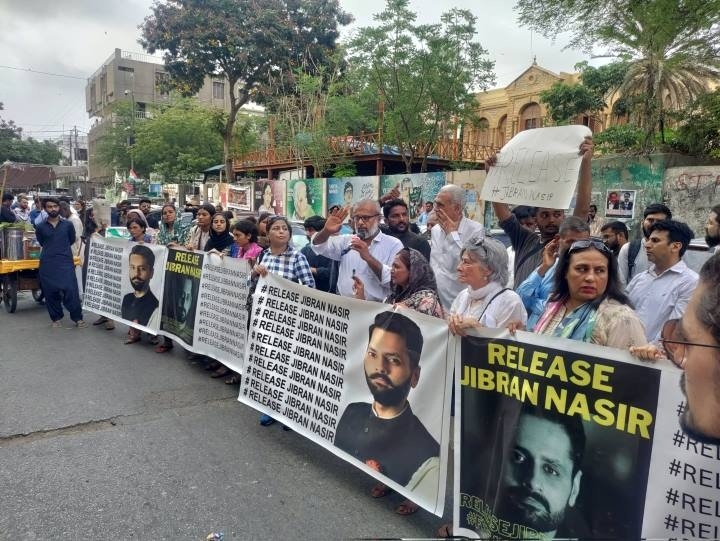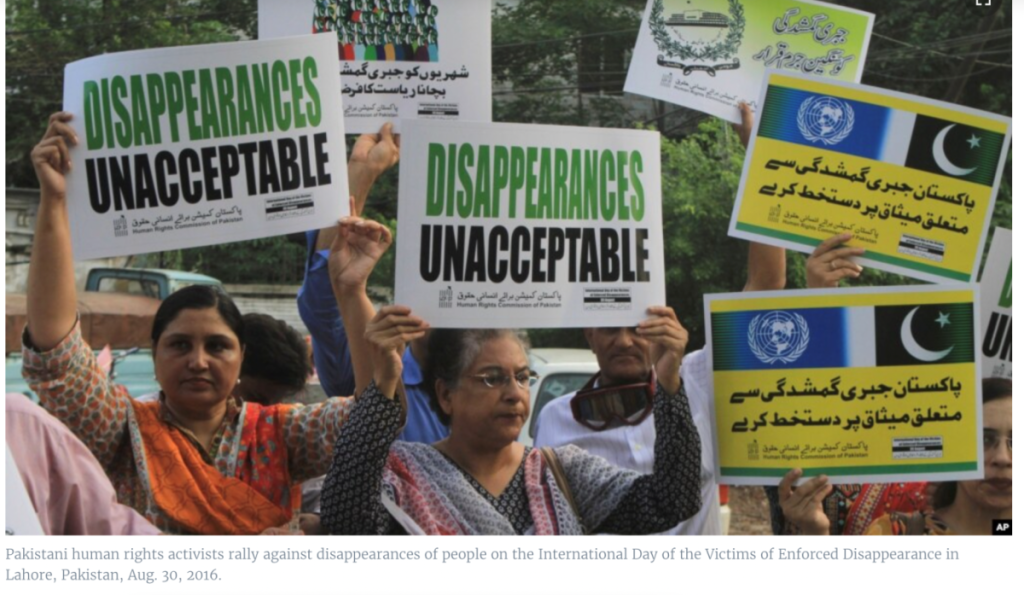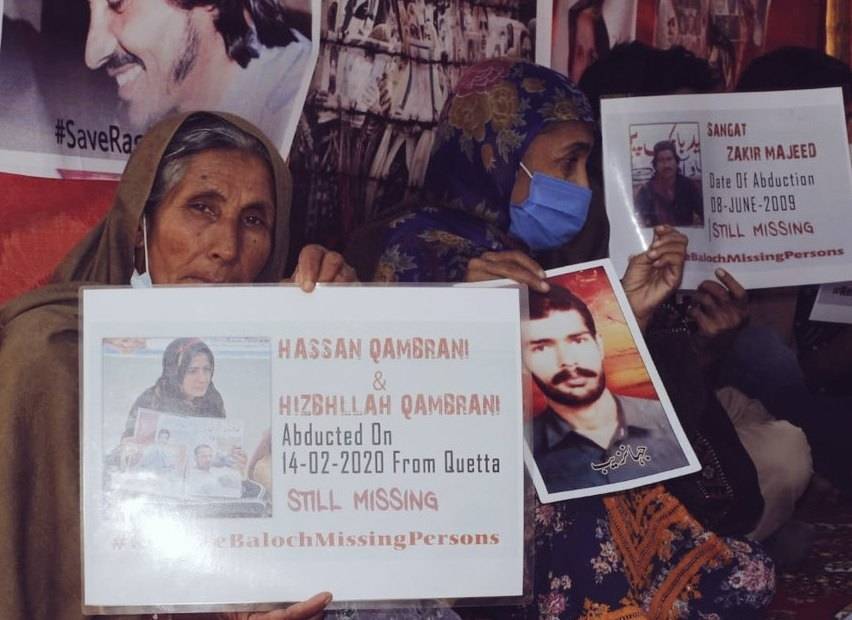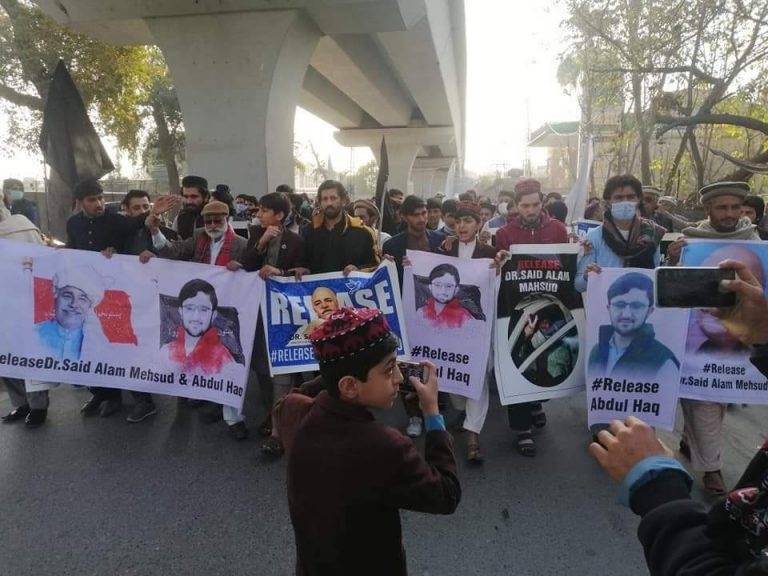Salia Marri, the niece of Baloch national leader Baba Khair Bakhsh Marri urged all political parties and social and human rights activists to join the protest….reports Asian Lite News
In an effort to strengthen the collective voice of dissent against purported enforced disappearances and human rights abuses in Balochistan, Salia Marri, the niece of Baloch national leader Baba Khair Bakhsh Marri, declared a five-day protest in London scheduled from January 3 to 7.
Marri, the wife of Baloch nationalist Mir Taj Muhammad Sarparah who is alleged to be among those to have disappeared, said she will lead the sit-in protest for the safe release of her husband and other missing persons.
She urged all political parties and social and human rights activists to join the protest.
“For the safe release of my husband, all missing persons, I am organising a 5-day sit-in protest in front of 10 Downing Street in London. This protest will take place from January 3 to January 7, 2024, 24 hours daily. I urge all political parties, social and human rights activists, media, Baloch nation, and all other communities to join our sit-in protest,” Marri posted from her official handle on X.
The announcement of a sit-in comes amid ongoing protests against Baloch genocide and enforced disappearances at the National Press Club of Islamabad.
The Baloch Yakjahti Committee-Kech, in a post on X, stated that if the state fails to hold negotiations as per their demand, the issue will be taken to the court of the Baloch people.
“If the state fails to engage in serious negotiations on the demands, demonstrate seriousness, and continues its attitude towards protesters as observed over the past week, then after one week, the movement will express clear disappointment with all state institutions for their policies of state-sponsored killings and colonial treatment towards Balochistan. Then, the decision will be taken to the Baloch people’s court,” the committee warned in a statement.
Serving them an ultimatum, the committee stressed that during this week, the state needs to clarify to the Baloch people how serious they are about addressing the issue of the Baloch genocide.
“It must be practically proven that all forms of human rights violations, including forced disappearances, extrajudicial killings, and illegal actions, immediately cease in Balochistan,” the committee stated further.
The committee added if the state was unwilling to transform its colonial mindset, a decision would be made in the courts of the Baloch people. (ANI)
ALSO READ: Pak Interim Government Frees Additional 34 Baloch Protesters
ALSO READ: Pak Govt Under Fire Over Baloch Long March Response

